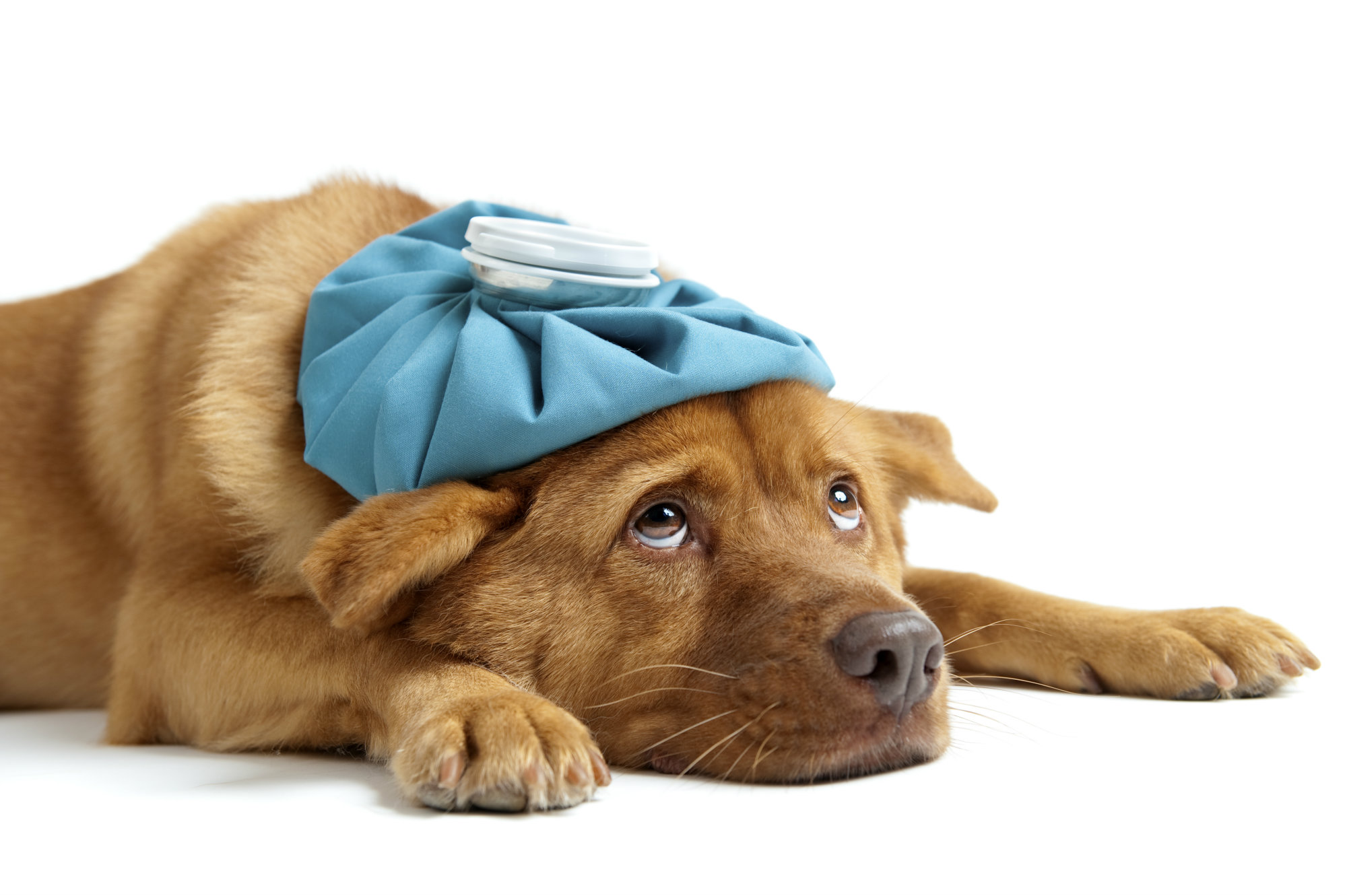Kennel Cough 101
Posted on July 1, 2013 by Joy of Living No comments

Last week, I arrived at a dog walking client’s home, only to be greeted by the sounds of coughing coming from one of the dogs. Turns out he had kennel cough, otherwise known as Bordetella. Kennel Cough is a widespread respiratory disease that most dogs will come in contact with it at some point in their lives. Dogs often come in contact with the virus when they’re in boarding kennels (hence the common name of the disease), at the groomers, dog parks or any place where there are large numbers of dogs.
Kennel Cough is characterized by a dry, hacking cough. Sometimes the dog may vomit or attempt to vomit. The dog may also have a watery nasal discharge like a runny nose. In most cases dogs will continue to eat and continue with normal activities. In more severe cases dogs may be lethargic, have a fever, lose their appetite or even develop pneumonia. In very rare cases death may result.
Most dogs are diagnosed from the characteristic symptoms and based upon whether or not they have recently been exposed to places where they may have picked up the disease. Antibiotics are sometimes used to treat the mild form of the disease. More severe cases will require veterinary care to prevent pneumonia from developing.
Kennel Cough can be particularly dangerous to young puppies so you should try not to expose puppies to large groups of dogs. Prevention is the best protection against the disease.
There is a vaccine against Kennel Cough. Be aware that since there are several different strains of the Kennel Cough virus, your dog may still pick up the virus, even if he’s vaccinated.
The Bordetella vaccine comes in an injectable version and an intranasal version. The injectable version requires two doses given 3-4 weeks apart. It does not begin providing protection for your dog until 1-2 weeks after the second injection is given. The intranasal vaccine requires only one dose and it begins giving protection just 3-4 days after itís given. However, some dogs may develop a mild form of the disease after being given the intranasal vaccine. Dogs given the intranasal vaccine will also shed the virus for about three days and can cause other susceptible dogs to become infected.
The Kennel Cough vaccine (either kind) does need to be repeated every six months to one year to provide protection to your dog.
Photo Source: istockphoto.com

Comments